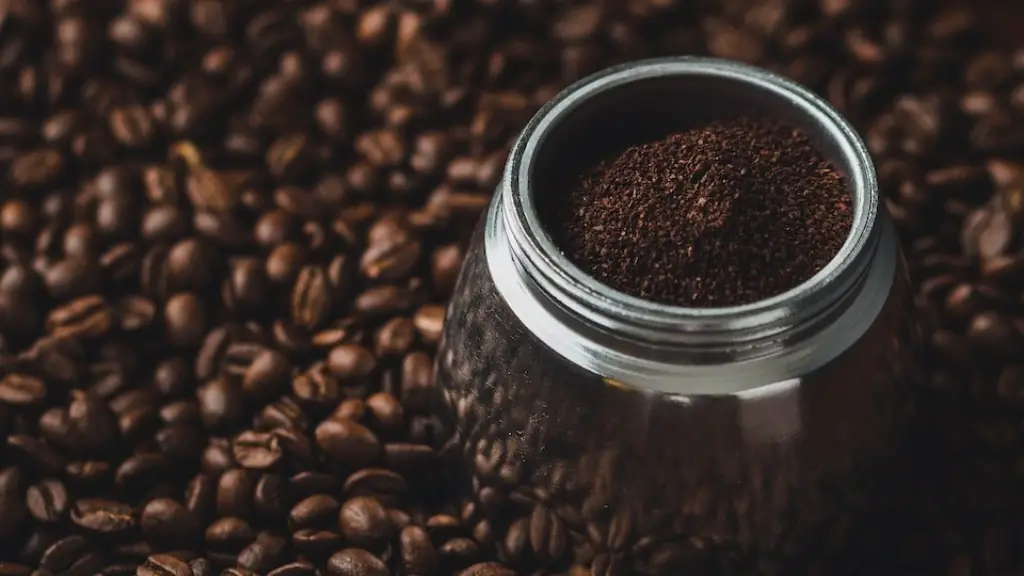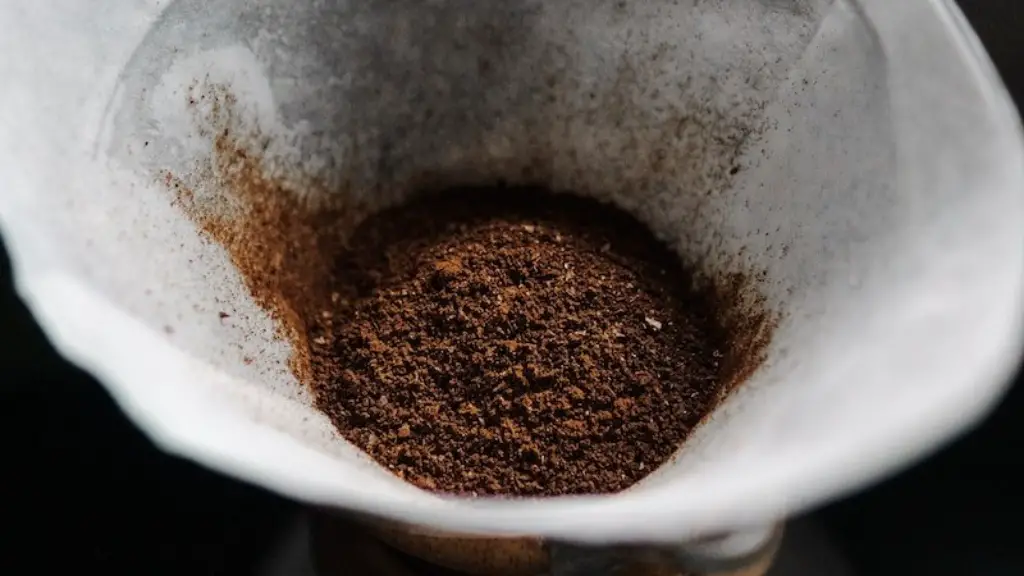A Closer Look at the Effects of Coffee on Iron Absorption
The effects of drinking coffee after consuming iron supplements has been debated for many years, with some claiming it should be avoided and others arguing that it can be beneficial. While the answer to this question is not completely clear, it’s important to understand the potential pros and cons of making this choice.
Background Information
Iron deficiency is one of the leading malnutrition problems worldwide and is a key public health concern. Because of this, many individuals take iron supplements in order to make up for any deficiencies. However, drinking coffee not long after taking iron supplements may interfere with the absorption of iron and significantly lower the amount of iron absorbed by the body.
Impact on Iron Absorption
Caffeinated beverages such as coffee are known to decrease the absorption of iron by the body due to the presence of certain compounds known as tannins. Tannins form complexes with the iron, reducing its bioavailability and preventing it from being absorbed by the body. According to a study, the addition of coffee to a meal reduced the absorption of iron by up to 65 percent when consumed with 20 mg of iron.
This is significant because it means that if coffee is consumed within a couple of hours of taking iron supplements, the body may not be able to optimally absorb the iron, leading to deficiencies. So, for individuals who want to maximize their absorption of iron, it is best to avoid coffee for a few hours after taking supplements.
Different Types of Iron
It’s important to note that the type of iron taken also makes a difference in how much is absorbed. There are two main types of iron: heme iron (found primarily in animal products) and non-heme iron (found in plant-based foods). While coffee does inhibit the absorption of heme iron, the effect is much less pronounced with the non-heme form. A study was conducted to examine the effect of coffee on the absorption of non-heme iron and found that coffee still reduced it, although on a much smaller scale than with the heme form.
Potential Benefits of Coffee Consumption
It is worth noting that the tannins found in coffee can also have potential benefits. According to a study, tannins from coffee can help reduce inflammation and oxidative damage to the body, which can improve overall health. This suggests that coffee can have beneficial effects if consumed in moderation and with the right timing.
The Bottom Line
The overall evidence seems to suggest that drinking coffee soon after taking iron supplements may reduce the amount of iron absorbed by the body. Therefore, it is best to at least wait a few hours before having a cup of coffee in order to maximize your iron intake.
A Look at Diet and Iron
When it comes to increasing iron intake, diet is also key. Research suggests that the majority of iron absorbed by the body comes from food sources, not supplements, and that consuming a balanced diet is the best way to get the necessary amount of iron. However, it’s worth noting that some individuals, such as pregnant women and vegans, are more at risk for iron deficiencies and may need to take supplements in addition to eating a balanced diet.
When increasing iron intake from food sources, it’s important to consume foods that are rich in iron. These include red meat, fish, poultry, legumes, dark leafy greens, fortified cereals, and nuts and seeds. Eating foods that are high in vitamin C, such as citrus fruits, tomatoes, broccoli, and peppers, can also help to increase the absorption of iron.
Although studies have shown that consuming larger amounts of iron-rich foods can have a positive effect on iron levels, it’s important to remember that too much iron can have adverse effects as well. High levels of iron can lead to further deficiencies and can even cause harm to your organs. Therefore, it’s important to only take iron supplements if needed and to make sure to consult a doctor before doing so.
Iron and Its Role in Health
Iron plays a key role in many of the body’s functions and is essential for optimal health. It helps to transport oxygen to cells, helps the body produce energy, and helps to create hormones and neurotransmitters. Iron deficiency is also linked to several health issues, such as fatigue, dizziness, headaches, pale skin, and brittle nails. Therefore, it’s important to make sure that iron levels are adequate.
Although taking iron supplements can be beneficial, they should be taken only under the guidance of a healthcare professional. It’s also important to remember that iron supplements can interact with certain medications, such as antibiotics and antacids, so it’s best to discuss any potential interactions with a healthcare provider.
Conclusion
When it comes to iron intake and the effects of coffee on iron absorption, research suggests that moderation is key. Drinking coffee not long after consuming iron supplements is not recommended, as it can reduce the amount of iron absorbed by the body. However, moderate consumption of coffee can still offer potential benefits. Therefore, for individuals who want to maximize their iron intake and stay healthy, it’s important to consider the type of iron taken, as well as the timing of consumption in terms of food and beverages. To ensure adequate iron intake, consuming a well-balanced diet and consulting a healthcare professional are important steps.


